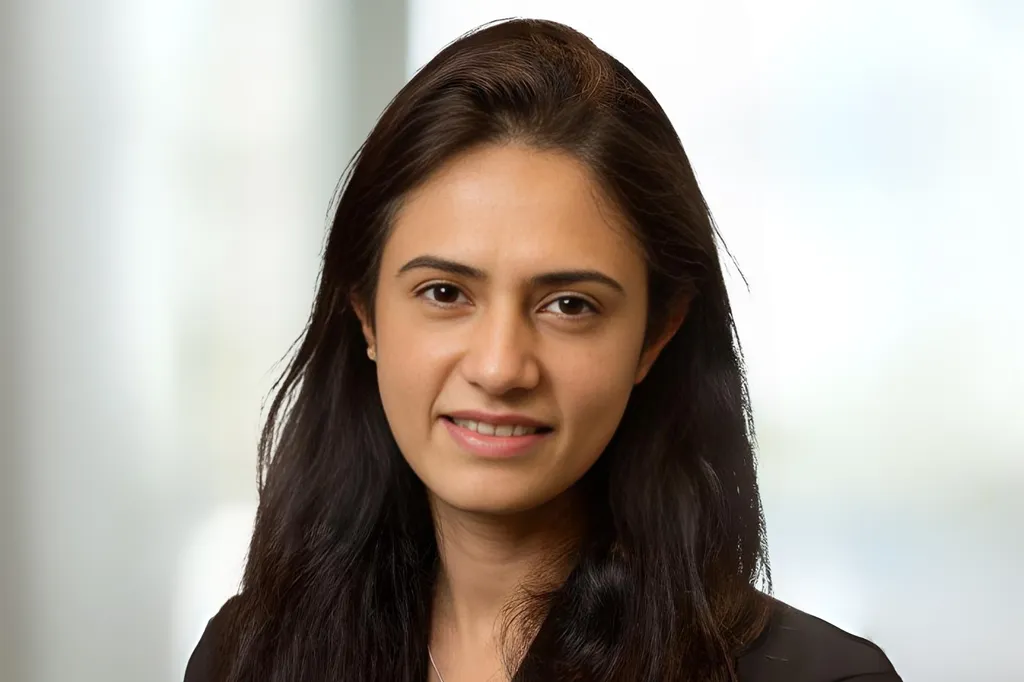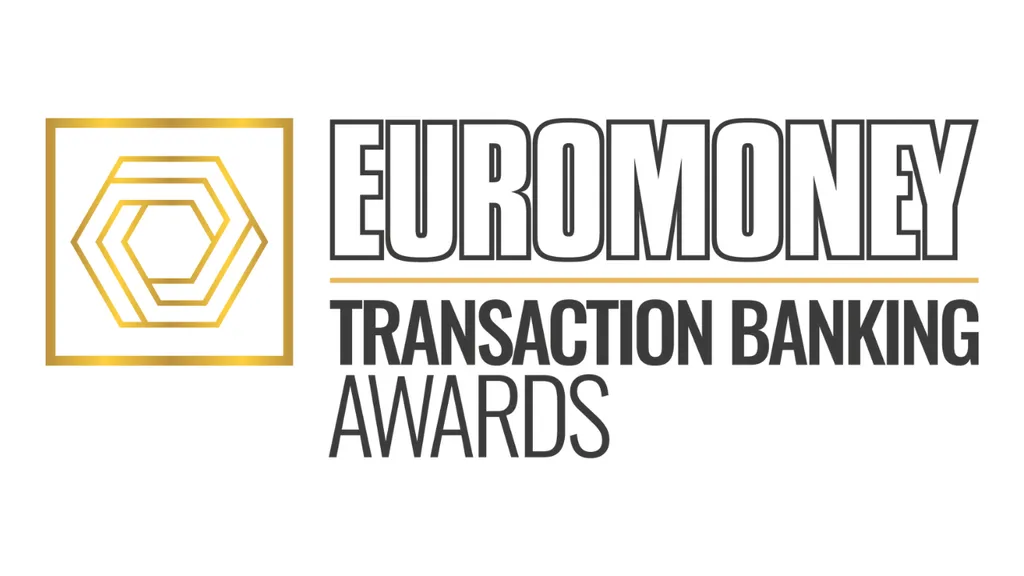During the past 15 years, trade in goods between the US and Mexico has more than doubled, strengthening Mexico’s position as one of the US’s leading trading partners. The US now conducts more trade with Mexico than ever before, while running a significant trade deficit.
Vanessa Rubio-Márquez, associate fellow in the US and the Americas programme at Chatham House, notes that US investment represents 45% of total investment in Mexico and more than 80% of Mexican exports go to the US.
Thanks for your interest in Euromoney!
To unlock this article:




